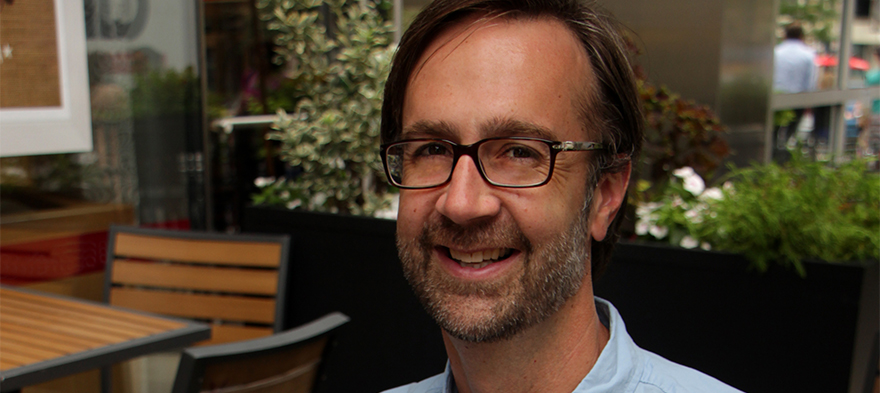
Aug 3, 2016 12:00:00 AM
Peter Cunningham is the founder of Education Post and serves on its board. He served as Assistant Secretary for communications and outreach in the U.S. Department of Education during the Obama administration’s first term. Prior to that he worked with Arne Duncan when he was CEO of the Chicago Public Schools. Peter is affiliated with Whiteboard Advisors, a DC-based education policy, research and communications firm. He serves on several non-profit boards, including Oakland-based Great Schools, which provides school quality information to parents through a national online platform, The Montessori School of Englewood, a Chicago public charter school, Manufacturing Renaissance, a career education program that trains public high school students for jobs in manufacturing, Unbounded, an organization supporting teachers in schools that are transitioning to higher standards, and Foolproofme.com, which is focused on financial literacy for students. Peter founded Cunningham Communications, serving public, private and nonprofit clients, worked for political consultant David Axelrod, and was a senior advisor and speechwriter for Chicago Mayor Richard M. Daley. A native New Yorker, Peter began his career as a journalist with small weekly newspapers in New York. He earned an M.S. in Journalism from Columbia University and a B.A. in philosophy from Duke University. He is married to artist Jackie Kazarian, and they have two adult children who are proud graduates of the Chicago Public Schools. Peter joined the Education Post board in 2018 after stepping down as the organization's Executive Director. Meet our board →
Few issues in education spark more tension and debate than standardized testing. Are they a tool for equity or a burden on students? A necessary check on school systems or a flawed measure of...
Charter schools are public schools with a purpose. Operating independently from traditional school districts, they're tuition-free, open to all students, and publicly funded—but with more flexibility...
Despite the benefits of a diverse teaching force, prospective teachers of color fall out of our leaky preparation pipeline at every stage: preparation, hiring, induction, and retention. Here’s what...
Ed Post is the flagship website platform of brightbeam, a 501(c3) network of education activists and influencers demanding a better education and a brighter future for every child.
© 2020-2025 brightbeam. All rights reserved.
Leave a Comment